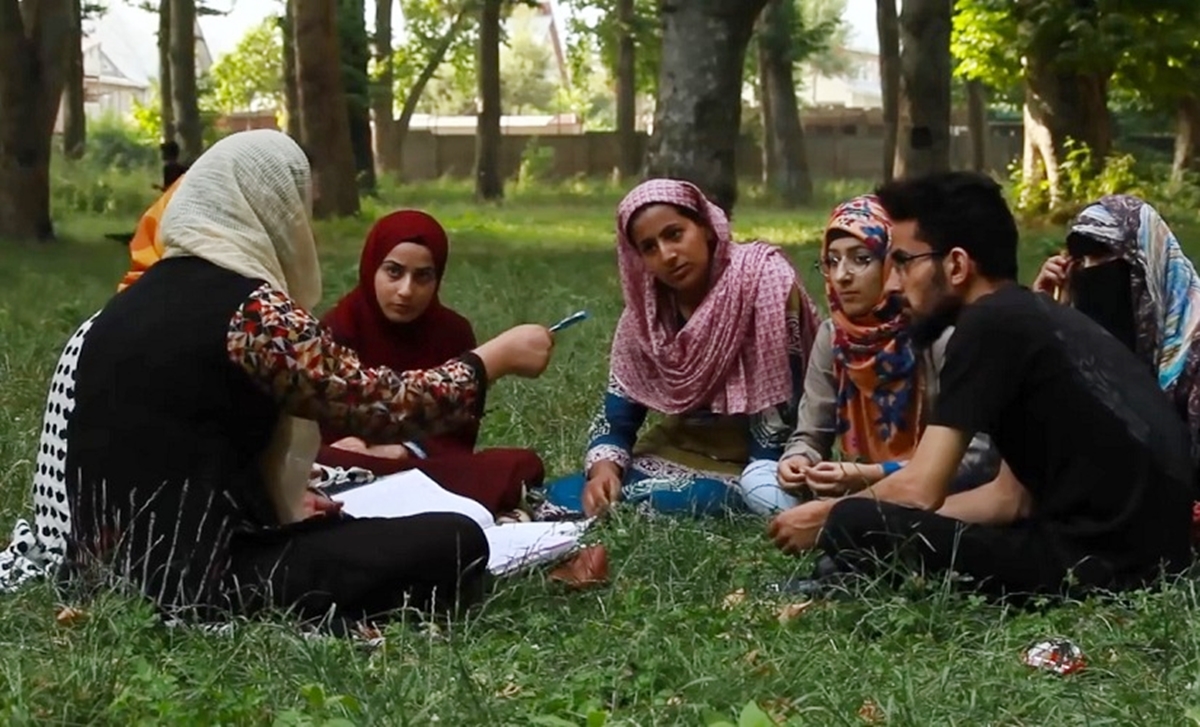Posted by Prakruti Mishra “The eyes of others our prisons; their thoughts our cages.” Every time I read this quote…
Login to Read!
This content is restricted to site members. If you are an existing user, please log in below. Or you can can create an account here.

